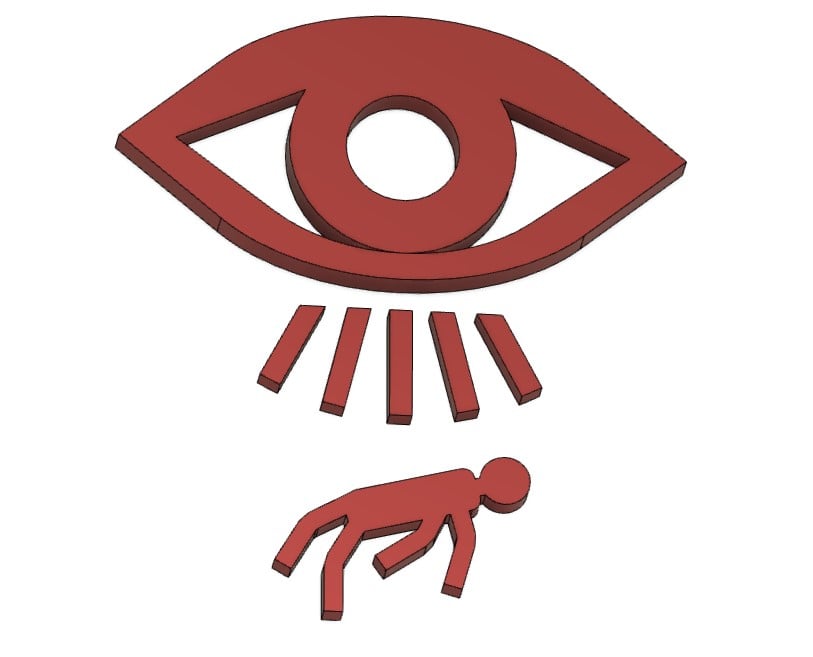Printed with two PETG filaments on a glass bed with hairspray. Printed the black lines (with a custom end code that doesn’t turns off motors) then printed the white over it in a separate gcode (also with custom start with no homing). It even allows me to go with an exact and cut off hairs and blobs before laying the white. The. The two fuse on the same layer so the color isn’t sticking out.
Interesting technique. For this type of accent work I usually extrude the text into the surface 1-2 layers deep. At that layer I’ll swap filaments, print 2 more, than swap back to my original color. This achieves the same effect in a slightly different way.
I have some Octoprint Pause scripting that will auto park the print head and lock all motors. It will hold the job while you swap filaments. Upon restart it will do a purge in place, rehome XY, then continue its job from its pause coords.
My issue is if it fails you’ve lost your entire print, me if it fails I lost a single layer. Also I like the mirror finish of my first layer.
This is why I have GCode to unfail the print prior to resume. It Rehomes xy so it can pick up right where it left off even if things get moved.
If you increase your z-hop on retraction enough, you can make these colors more than one layer and still avoid them with subsequent colors, which helps if you’ve got a light color that needs a couple layers to be fully opaque, like a yellow.
That is pretty clean looking.
So I put the text on the top and make it 2 layers higher- I have cura pause the print on last layer before text, swap filament, and then finish the print. It makes a nice raised text effect and doesn’t required modifying the gcode. Downside of course is the text is on the top instead of the smooth side, but I like the effect and it’s easy! Nice print though!
I print the letters face down on the print bed with a first Gcode (make sure the geocode doesn’t stop the motors at the end). Then you print a second file over it for the plate that has a gap of your initial layer height where the letters are. The benefit is that if I fail a print, I only wasted on layer not a whole print.
That’s really cool! Could you write out with more detail how you do this type of color switching?




